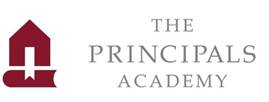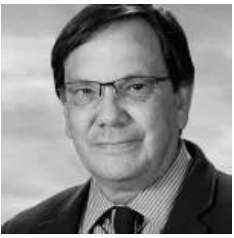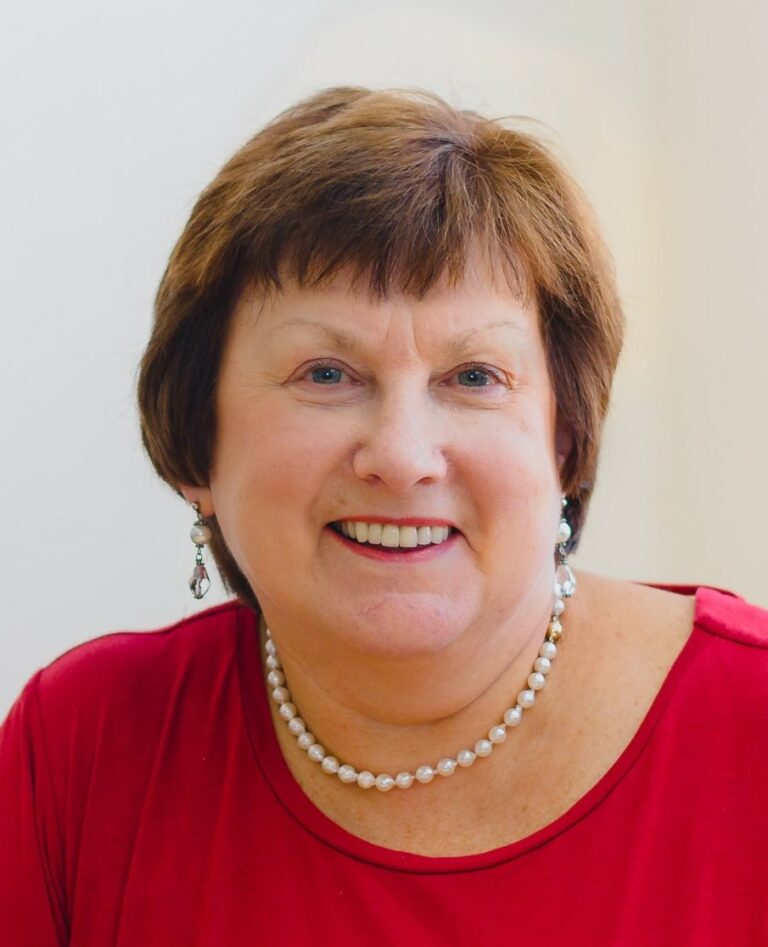Blogs
Latest Post
Keeping in Touch – 13-25 – You’re Appointed. So, What Now

Nurturing Schools to Excellence
No: 13/25
23 October 2025
You’re Appointed. So, What Now?
One of the principals I serve accepted a principalship at another school requiring him to leave his school in the hands of the deputy who, basically without notice, becomes the Acting Principal – a designation which is becoming common and growing in duration.
Imagine. You didn’t apply for the job; you got it by default. How do you react? How do the staff react to you going from colleague to CEO overnight? What if there are two deputies? How effective was the departing principal in putting sustainable systems in place? What does it mean to act? What changes? Do you hold the fort, or do you actively take the lead?
The bottom line is that there’s a school to run with high functionality, a vacant teaching post to fill, an office to occupy, an organogram to rework, a timetable to adjust, a school personality to tweak and community perceptions to align and strengthen. It sounds complex, but it’s actually basic education processes implemented with genuine collaboration, careful decision-making and with some necessary urgency.
For this to happen successfully, the acting principal needs to take the lead, immediately, and in the best interests of the school and its teachers and learners, in particular. Bring the Circuit Manager and SGB Chairperson on board and get the school management priorities done. Don’t wait for either to take the lead. You’re the Principal. There’s no such thing as an acting-Accounting Officer. The law has put YOU in charge.
Everyone knows that it’s not easy to take the lead from within the staff. An outsider comes in new with his or her vision. An incumbent deputy is a known quantity. Staff have both a personal and collective relationship with the school’s chief operations officer. All of a sudden, she’s the CEO!
You are no longer the life and soul of table two. You bring your professionalism and personality to the hot seat in that room, to the one in ‘your’ office and to that front seat wherever your school gets together.
You don’t need big plans for the future on that first day. Just a loud and clear list of the non-negotiables which makes for a highly functioning school – punctuality, active classroom engagement, joint responsibility for quality discipline, school systems that work and strong leadership and loyalty at every level.
You were the main collaborator in the school management team. Now, as team leader, you invite, encourage and drive that collaboration and you give it direction and destination.
Being the new leader means that colleagues and the school community will talk about you. They will see you differently because things are different. There’s a new principal.
To me, the most important issue is that you have to OWN the job. Don’t wait for the CTLI to invite you to their next induction course; contact them and put your name on the list. Ask for the course content. Choose one of your past education leaders or approach one recommended to you and open yourself to being mentored.
I always remind myself of Sir Tim Brighouse’s four timeless qualities of a good principal. Firstly, unwarranted optimism. Principals deal in hope and the morning briefing, the purposeful walkabout, the routine interactions with learners, teachers and parents should be infused with an energy and enthusiasm, which though unwarranted, sets the tone for the day.
Secondly, an ability to meet and minimise crisis. Every day brings its crises, whether absent teachers, looming deadlines, debilitating conflict, family hardships or safety and disciplinary issues. So much proactive planning must be in place to meet or prevent crisis. The secret lies in the leadership and involvement of the whole team, the processes in place and the organogram in action.
Thirdly, a personal acknowledgement that running a big school requires an outlook which sees ‘crisis as norm and complexity as fun’. There’s nothing simple about leading a school in an underserved community. It’s hugely complex and requires a leader who revels in that complexity.
Fourthly, he expects principals to possess ‘intellectual curiosity’ – the ability and the desire to look beyond your school’s challenge; to study how other schools like yours are approaching the same issues; to talk to other principals and education partners and thinking out the box and beyond the timetable for viable and virtual solutions.
Finally, Brighouse urges that principals need to have a complete absence of self-pity and paranoia. So, don’t feel sorry for yourself because you’re suddenly an acting principal; have the courage to rise to the occasion and be the leader your school deserves at a time of transition; and, be at your best every day.
Paul
Paul Cassar
Coach/Mentor
The Principals Academy Trust
(See video/Audio links below)
Video/Audio Links
You’re Appointed, so what now?
https://youtu.be/ck1oJilZb0o?si=j9GoxsjNNwSzOw_N
Jys Aangestel, so wat nou?
https://youtu.be/0oG2wouKqbc?si=1IS0Y6F7GcK25WD7
Unyuliwe, Yintoni ngoku?
https://youtu.be/–uivpIhtVC4?si=OcfEvpj28m4ZcO3x
THE PRINCIPALS ACADEMY TRUST
* e: info@principalsacademy.ac.za * www. principalsacademy.ac.za
The Principals Academy is a PBO (Registration NO. 930 041 885) and is a registered Trust IT2943 / 2012.
Trustees: Charles Richard Haw, Clive John Edwards, Bruce Ernest Probyn, Prof Vuyokazi Sylvia Nomlomo Patrons:
Prof Brian Figaji, Prof Mary Metcalfe, Ralph Mupita


